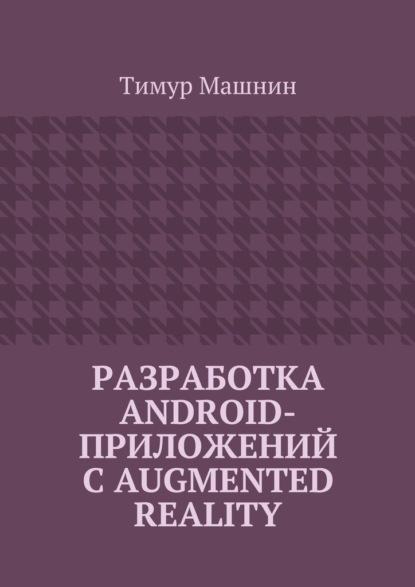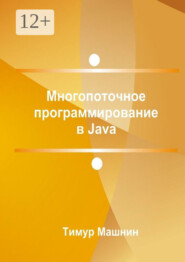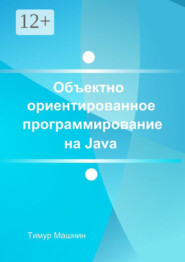По всем вопросам обращайтесь на: info@litportal.ru
(©) 2003-2024.
✖
Разработка Android-приложений с Augmented Reality
Настройки чтения
Размер шрифта
Высота строк
Поля
// We create the world and fill it…
mWorld = CustomWorldHelper.generateObjects (this, mCurrentLocation);
// … and send it to the fragment
mBeyondarFragment.setWorld (mWorld);
LowPassFilter.ALPHA = 0.003f;
buildGoogleApiClient ();
}
/**
* Builds a GoogleApiClient. Uses the {@code #addApi} method to request the
* LocationServices API.
*/
protected synchronized void buildGoogleApiClient () {
mGoogleApiClient = new GoogleApiClient. Builder (this)
.addConnectionCallbacks (this)
.addOnConnectionFailedListener (this)
.addApi (LocationServices. API)
.build ();
createLocationRequest ();
}
protected void createLocationRequest () {
mLocationRequest = LocationRequest.create ();
// Sets the desired interval for active location updates. This interval is
// inexact. You may not receive updates at all if no location sources are available, or
// you may receive them slower than requested. You may also receive updates faster than
// requested if other applications are requesting location at a faster interval.
mLocationRequest.setInterval (10000);
// Sets the fastest rate for active location updates. This interval is exact, and your
// application will never receive updates faster than this value.
mLocationRequest.setFastestInterval (5000);
mLocationRequest.setPriority(LocationRequest.PRIORITY_HIGH_ACCURACY);
}
@Override
public void onStart () {
super. onStart ();
mGoogleApiClient.connect ();
}
@Override
public void onStop () {
super. onStop ();
mGoogleApiClient. disconnect ();
}
@Override
public void onResume () {
super. onResume ();
// Within {@code onPause ()}, we pause location updates, but leave the
// connection to GoogleApiClient intact. Here, we resume receiving
// location updates if the user has requested them.
if (mGoogleApiClient.isConnected ()) {
startLocationUpdates ();
}











